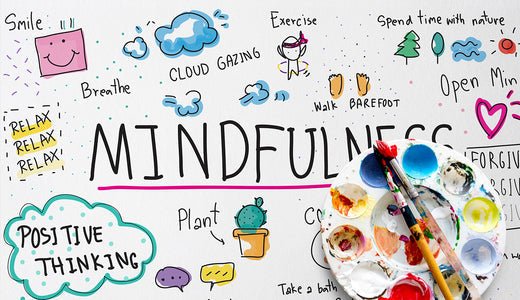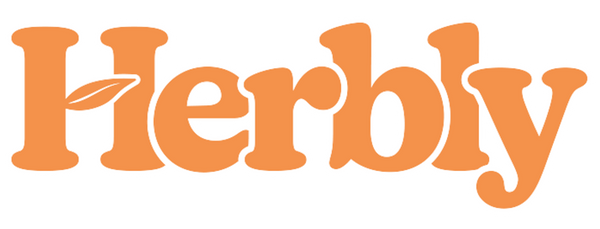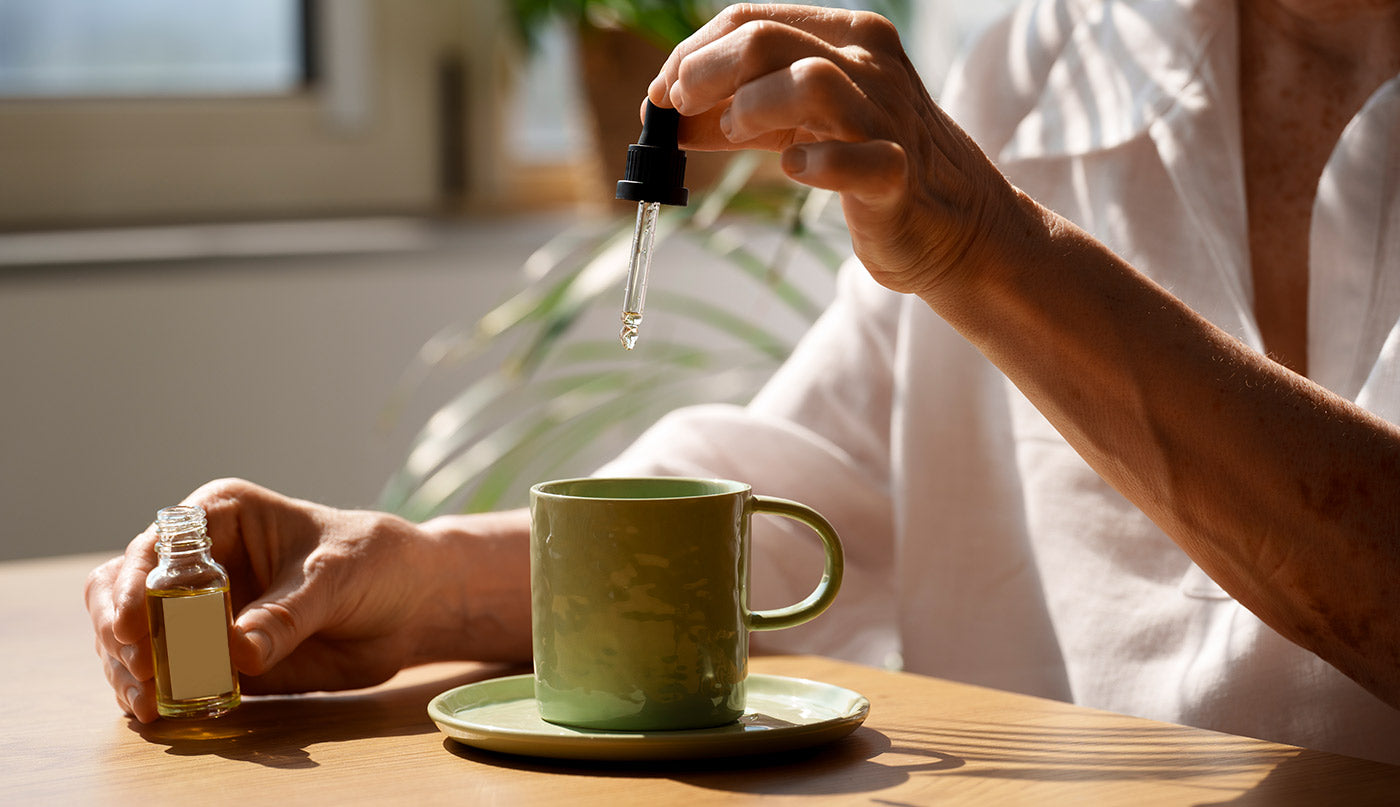
Holistic Treatments for ADHD: A Comprehensive Approach
ADHD can be managed through a holistic approach that focuses on lifestyle, nutrition, and natural therapies. These methods aim to support both mental and physical health, offering ways to manage symptoms without solely relying on medication.
Here are some of the most effective holistic treatments available today.
1. Dietary Modifications and Nutritional Support
Diet can have a profound effect on ADHD symptoms. For individuals with ADHD, certain nutrients are essential in supporting brain function, stabilising blood sugar, and promoting calm focus.
-
Omega-3 Fatty Acids: Research shows that omega-3s are important for brain health and may improve focus and behaviour. Sources include salmon, chia seeds, and flaxseeds, which provide the EPA and DHA that contribute to balanced neurotransmitter function.
-
Magnesium and Zinc: Low levels of magnesium and zinc have been linked to ADHD symptoms. Foods like leafy greens, nuts, and seeds can boost these minerals, helping to support calmness and improve mood stability.
2. Herbal Remedies and Supplements
Several herbs are known to help with attention and calming the nervous system, potentially improving ADHD symptoms:
-
Ginkgo Biloba: Known for its cognitive benefits, ginkgo biloba may improve focus by increasing blood flow to the brain. Studies suggest that it can enhance attention and support impulse control.
-
Bacopa Monnieri (Brahmi): Bacopa is an adaptogen used traditionally to boost memory and focus. Research indicates it can help with cognitive performance, making it a beneficial supplement for those managing ADHD symptoms.
-
Rhodiola Rosea: An adaptogen that helps increase resilience to stress, rhodiola may support attention and emotional regulation by stabilising mood and decreasing mental fatigue.
3. Mindfulness and Meditation Practices
Mindfulness meditation helps individuals manage impulsive thoughts and encourages focus on the present moment. Studies show that mindfulness can improve emotional regulation and executive function, both of which are areas affected in ADHD.
-
Mindfulness-Based Cognitive Therapy (MBCT): Combining mindfulness practices with cognitive behavioural techniques, MBCT has been shown to reduce symptoms like distraction and impulsivity in ADHD.
-
Breathing Exercises: Techniques such as deep breathing or diaphragmatic breathing can help reduce stress and anxiety, both of which often co-occur with ADHD. This calming practice supports relaxation and increases focus.
4. Physical Activity and Exercise
Exercise is an effective way to boost mental health, particularly for those with ADHD. Physical activity increases dopamine and norepinephrine levels, improving attention, motivation, and mood.
-
Aerobic Exercise: Activities like running, swimming, and cycling can reduce ADHD symptoms, helping with hyperactivity and improving attention through natural increases in neurotransmitter activity.
-
Yoga and Martial Arts: Both yoga and martial arts foster discipline, concentration, and emotional control, making them excellent practices for children and adults with ADHD. Yoga, in particular, has shown promise in studies for enhancing focus and reducing impulsivity.
5. Behavioural Therapy and Routine Development
Behavioural therapy remains a widely recommended intervention for ADHD, and when combined with other holistic practices, it can greatly enhance symptom management.
-
Cognitive Behavioural Therapy (CBT): CBT helps individuals recognise and alter unhelpful thought patterns, which can improve focus and reduce impulsivity.
-
Structure and Routine: Creating consistent routines for sleep, meals, and tasks can help manage symptoms by reducing overstimulation and building habits that support attention and focus.
6. Sleep Hygiene and Restorative Practices
A healthy sleep routine is crucial for managing ADHD, as poor sleep can worsen inattention, impulsivity, and mood instability.
-
Consistent Sleep Schedule: Going to bed and waking up at the same time each day supports the body’s natural rhythms, leading to more restful and refreshing sleep.
-
Reducing Screen Time: Limiting screens before bedtime can improve sleep quality, as blue light from devices suppresses melatonin, disrupting sleep cycles and aggravating ADHD symptoms.
Summary
A holistic approach to ADHD, incorporating diet, natural supplements, exercise, and mindfulness, offers a comprehensive strategy for managing symptoms. These practices, when paired with medical or behavioural interventions, can provide a balanced and sustainable way to address ADHD challenges while supporting overall well-being.
Consulting with a healthcare provider before starting new supplements or therapies is essential to ensure a safe and effective treatment plan.

